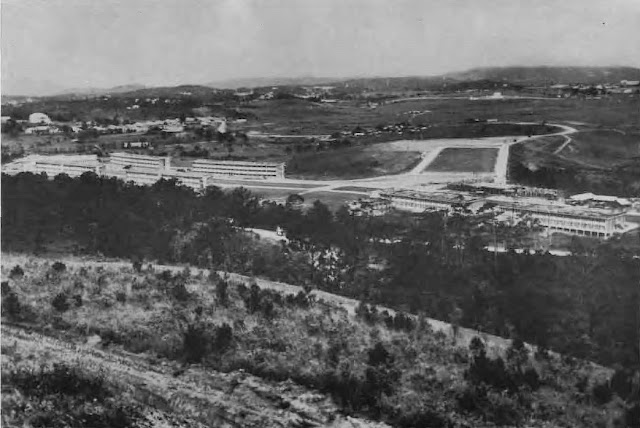Vietnam, The Internet Power in the Militarists' Control
Thượng tướng (Việt Cộng) Nguyễn Trọng Nghĩa giữ chức Trưởng Ban Tuyên giáo Trung ương
https://baochinhphu.vn/Tin-noi-bat/Thuong-tuong-Nguyen-Trong-Nghia-giu-chuc-Truong-Ban-Tuyen-giao-Trung-uong/423595.vgp
(Chinhphu.vn) - Bộ Chính trị phân công Thượng tướng Nguyễn Trọng Nghĩa,
Bí thư Trung ương Đảng khóa XIII, Phó Chủ nhiệm Tổng cục Chính trị QĐND
Việt Nam giữ chức Trưởng Ban Tuyên giáo Trung ương.
Sáng 19/2, tại Hà Nội, Ban Tuyên giáo Trung ương tổ chức Hội nghị triển khai quyết định của Bộ Chính trị về công tác cán bộ.
Tham dự hội nghị có các đồng chí: Võ Văn Thưởng, Ủy viên Bộ Chính trị,
Thường trực Ban Bí thư; Đại tướng Lương Cường, Ủy viên Bộ Chính trị, Chủ
nhiệm Tổng cục Chính trị Quân đội nhân dân Việt Nam cùng nhiều đồng chí
lãnh đạo các cơ quan, bộ, ban, ngành Trung ương.
Tại hội nghị, đồng chí Nguyễn Thanh Bình, Phó trưởng Ban thường trực
Ban Tổ chức Trung ương, đã công bố Quyết định số 06-QĐNS/TW của Bộ Chính
trị về việc phân công Ủy viên Ban Bí thư.
Theo Quyết định số 06- QĐNS/TW ngày
18/2/2021, Bộ Chính trị phân công Thượng tướng Nguyễn Trọng Nghĩa, Bí
thư Trung ương Đảng khóa XIII, Phó Chủ nhiệm Tổng cục Chính trị QĐND
Việt Nam giữ chức Trưởng Ban Tuyên giáo Trung ương.
Đồng chí Võ Văn Thưởng, Ủy viên Bộ Chính trị, Thường trực Ban Bí thư
đã trao quyết định và tặng hoa chúc mừng đồng chí Nguyễn Trọng Nghĩa.
Thường trực Ban Bí thư Võ Văn Thưởng chúc mừng Thượng tướng Nguyễn
Trọng Nghĩa, Bí thư Trung ương Đảng, Phó Chủ nhiệm Tổng cục Chính trị
Quân đội nhân dân Việt Nam được Bộ Chính trị phân công đảm nhiệm chức vụ
Trưởng ban Tuyên giáo Trung ương.
Đồng chí Nguyễn Trọng Nghĩa được đào tạo cơ bản, được rèn luyện, thử
thách trưởng thành trong quân đội, đã trải qua nhiều nhiệm vụ quan trọng
từ cơ sở đến lãnh đạo chủ chốt Tổng cục Chính trị quân đội nhân dân
Việt Nam. Với kinh nghiệm phong phú được tích lũy từ những năm tháng
công tác trong quân đội, với sự am hiểu về công tác tư tưởng, văn hóa,
văn nghệ, báo chí, truyền thông và sự gắn bó chặt chẽ của đồng chí
Nguyễn Trọng Nghĩa với Ban Tuyên giáo Trung ương thời gian vừa qua, Bộ
Chính trị tin tưởng đồng chí sẽ hoàn thành tốt nhiệm vụ được giao.
Đồng chí Võ Văn Thưởng đề nghị lãnh đạo Ban Tuyên giáo Trung ương,
tập thể cán bộ, công chức, viên chức, người lao động của Ban, đoàn kết,
gắn bó, phát huy truyền thống và những kết quả đã đạt được, không ngừng
nỗ lực, sáng tạo, quyết tâm cao để hoàn thành tốt nhiệm vụ, đạt được
nhiều thành tựu cao hơn nữa, góp phần thực hiện thắng lợi Nghị quyết Đại
hội XIII của Đảng.
More















